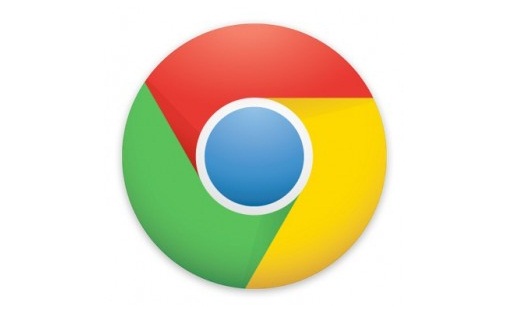

Google is going after one of its biggest competitors by announcing that its Chrome browser will support Windows XP users until at least 2015.
That’s a year longer than Microsoft plans to continue to support XP, which has been one of the most popular and rugged Windows operating systems built by Microsoft to date. Many millions of business and home users are still running Windows XP on their computers, which will present them with a quandary come April 2014, when Microsoft is to stop providing software and security updates for the long-lived operating system.
“Since unpatched browser bugs are often used by malware to infect computers, we’re extending support for Chrome on Windows XP, and will continue to provide regular updates and security patches until at least April 2015,” wrote Larson. “We recognise that hundreds of millions of users, including a good chunk of current Chrome users, still rely on XP. Moreover, many organisations still run dozens or even hundreds of applications on XP and may have trouble migrating.
“Our goal is to support Chrome for XP users during this transition process,” he continued. “Most importantly, Chrome on XP will still be automatically updated with the latest security fixes to protect against malware and phishing attacks.”
With the move Google fires a shot over Microsoft’s bow by supporting a product that Microsoft has been trying to kill off for years so it can sell newer Windows operating system versions. Those desires by Microsoft have been put off by Windows XP users who have refused to give it up and who have ultimately pressured Microsoft to extend its support several times over the last few years.
The extended Chrome support for XP is likely to have fans, especially among smaller businesses that haven’t really planned their next moves once official Microsoft support ends for XP.
In April 2013, Google announced upgrades for its enterprise management tools for Chrome in an effort to bolster its use and adoption by business users around the world. One of the new tools was a cloud-based management capability for Google Apps for Business and Education customers to make it easier for employers to allow their workers to bring in their PCs or devices for work.
Another improvement is Legacy Browser Support, which IT administrators can configure to automatically launch an alternate browser when a user wants to run a web app that is built for older browsers and not compatible with Chrome. By using the Legacy Browser Support option, employees on Chrome are automatically switched to a legacy browser when they begin using an older app.
In March, Google announced faster Chrome browser performance and improved search on Android and iOS tablets and smartphones, as well as new capabilities that allowed users to share pages with friends on social media sites. The new Android version of the Chrome browser was updated with the latest V8 JavaScript engine, which was optimised for mobile and dramatically improved performance.
Are you a Google expert? Take our quiz!
Originally published on eWeek.
BYD's Qin L EV sedan starts at about half the price of Tesla's Model 3,…
Meta says it will stop targeting personalised Facebook ads at UK woman after legal battle,…
Nine EU countries led by the Netherlands push European Commission for follow-up to 2023 EU…
Former Cruise chief executive Kyle Vogt reportedly raises $150m for The Bot Company at $2bn…
Gotbit founder Aleksei Andriunin pleads guilty to manipulating tokens' trading volume and price after extradition…
ByteDance's largest US investors reportedly in talks for majority stake in US TikTok spin-off, with…